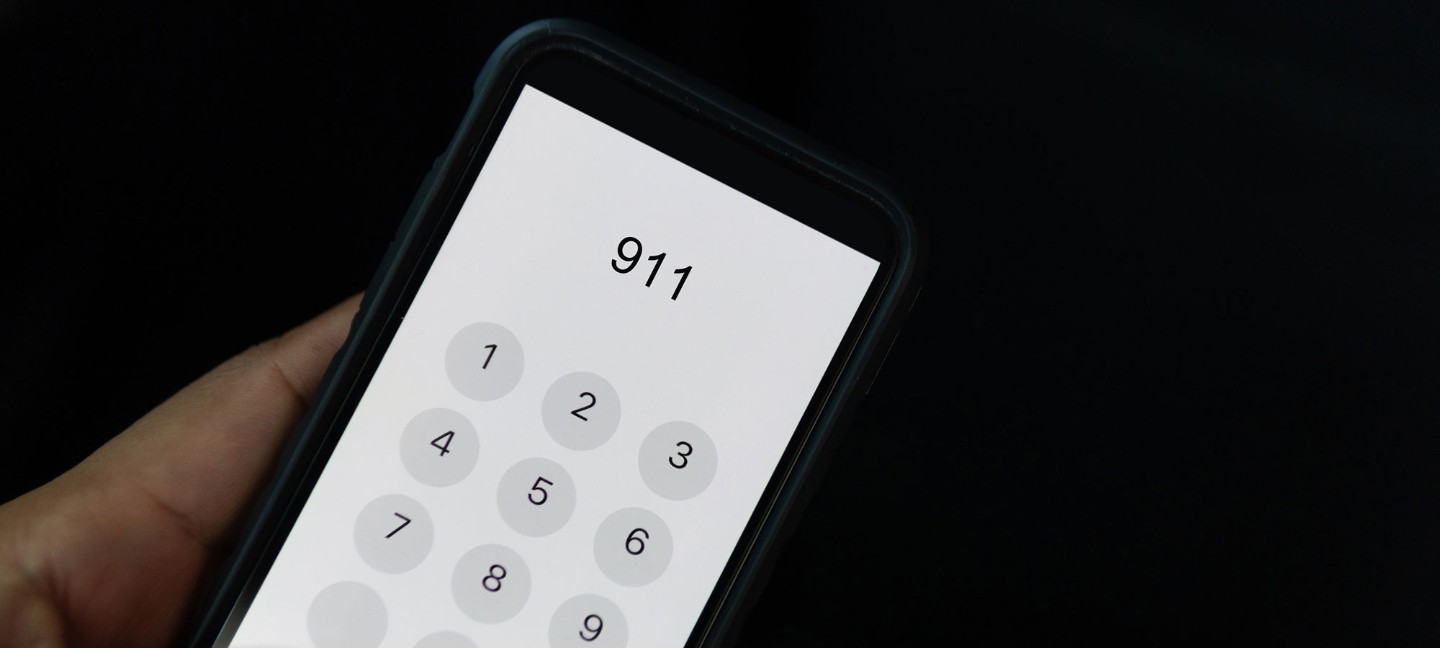You Matter. Always. A Message for "You Matter Day"
FEB 02, 2026On "You Matter Day" and every day, remember your inherent worth. If struggling, reach out to 988 or trusted contacts. You are not alone, and help is available.
Read More
If you’ve heard about fentanyl overdoses in the news, you might wonder if it’s something you need to worry about.
It’s true that fentanyl is responsible for a devastating number of deaths. The danger lies in its rapid onset and its potency. Fentanyl is a synthetic opioid that is 50 times more powerful than heroin. A tiny amount can be fatal. The fact that it can be mixed into other drugs without the user's knowledge further increases its danger.
Even if you do not take opioids or use illicit drugs, you can take common sense steps to protect yourself and your loved ones from a potential fentanyl overdose.
Fentanyl isn’t just in opioids. It can also be cut into other types of drugs, including methamphetamine and cocaine. This makes it particularly risky for people who use illicit drugs, as they may not be aware that what they are taking contains fentanyl prior to use. A harm reduction and overdose prevention strategy is to test illicit drugs for fentanyl prior to using them. Many organizations give out fentanyl test strips for free and they can also be purchased online at minimal cost.
Just as no one plans to have their house catch on fire, no one plans to have a friend or loved one experience an overdose. Having naloxone on hand is like having a fire extinguisher in your house. You might never use it, but it’s safer to be prepared. Even those taking prescription opioids are often recommended to have naloxone on hand in case of accidental overdose.
Naloxone is a life-saving medication that can reverse an opioid overdose by temporarily blocking the effects of opioids. It comes in a nasal spray or injection form and is easy to administer. Naloxone is available without a prescription at many pharmacies and community organizations. You may need to take a short training course on how to administer it.
It's better to be safe than sorry. If you think someone might be overdosing, call 911 immediately and administer naloxone if you have it. Sometimes people are fearful of contacting authorities for an overdose due to fear they might be arrested for drug possession. In most states, Good Samaritan laws protect people who call 911 for an overdose from being arrested for drug possession. These laws are designed to encourage people to seek help without fear of legal repercussions. Remember, emergency responders are trained to save lives, not judge or punish.
If you are concerned about your own or a loved one’s drug use, don’t hesitate to call the CHI Health Information and Referral Line at (402) 717-HOPE (4673). It’s staffed by people who care and can help you identify and access the services you need.

On "You Matter Day" and every day, remember your inherent worth. If struggling, reach out to 988 or trusted contacts. You are not alone, and help is available.
Read More
With the colder temperatures and shorter days of winter often comes changes in mood, energy and overall well-being. Maintaining a routine and stayin connected are two ways you can support your mental health in winter.
Read More
The 30 days before the rush of the year’s end and anticipation of the holidays, November is a reminder to slow down and reflect. A time to find gratitude in the middle of life’s noise.
Read MoreWhen you need local health information from a trusted source, turn to the CHI Health Better You eNewsletter.